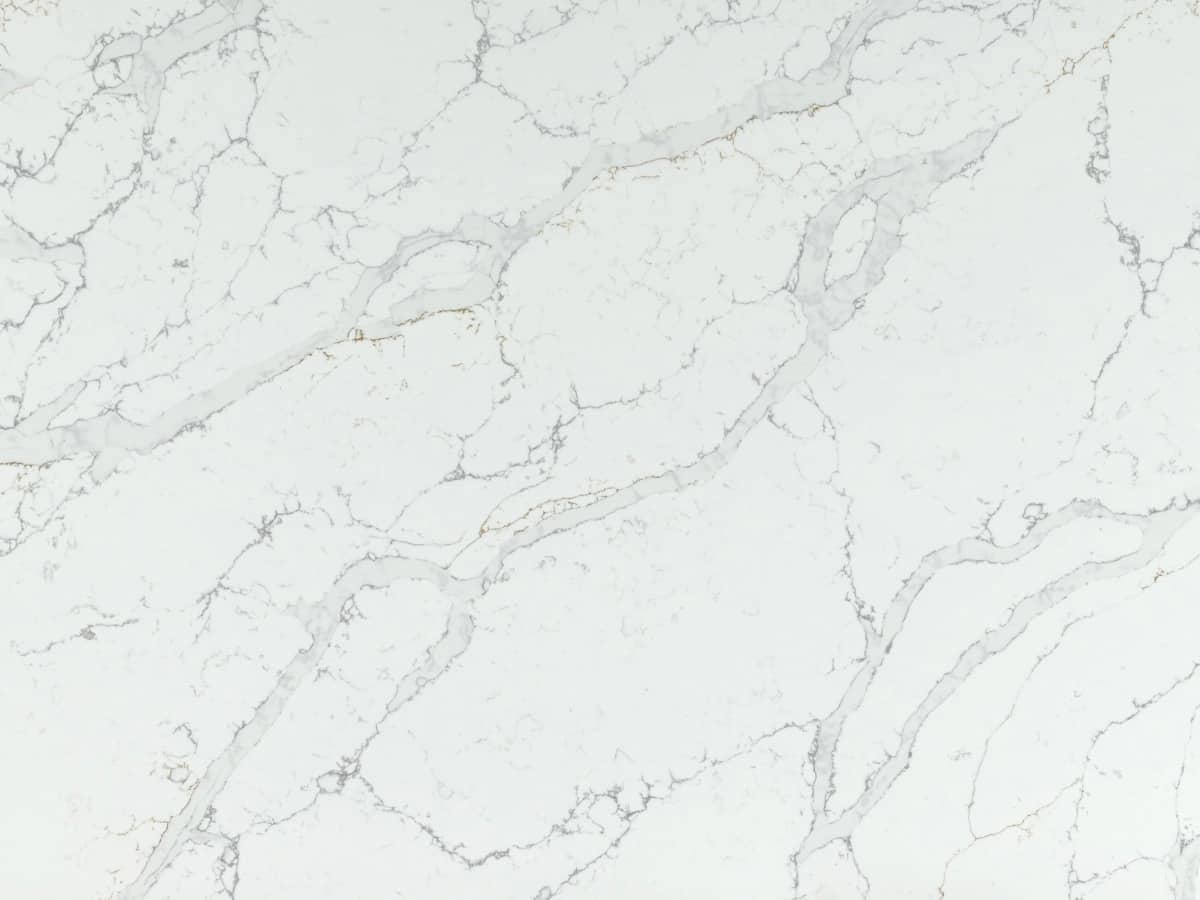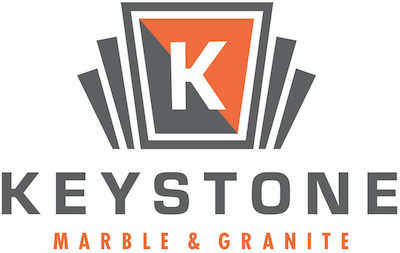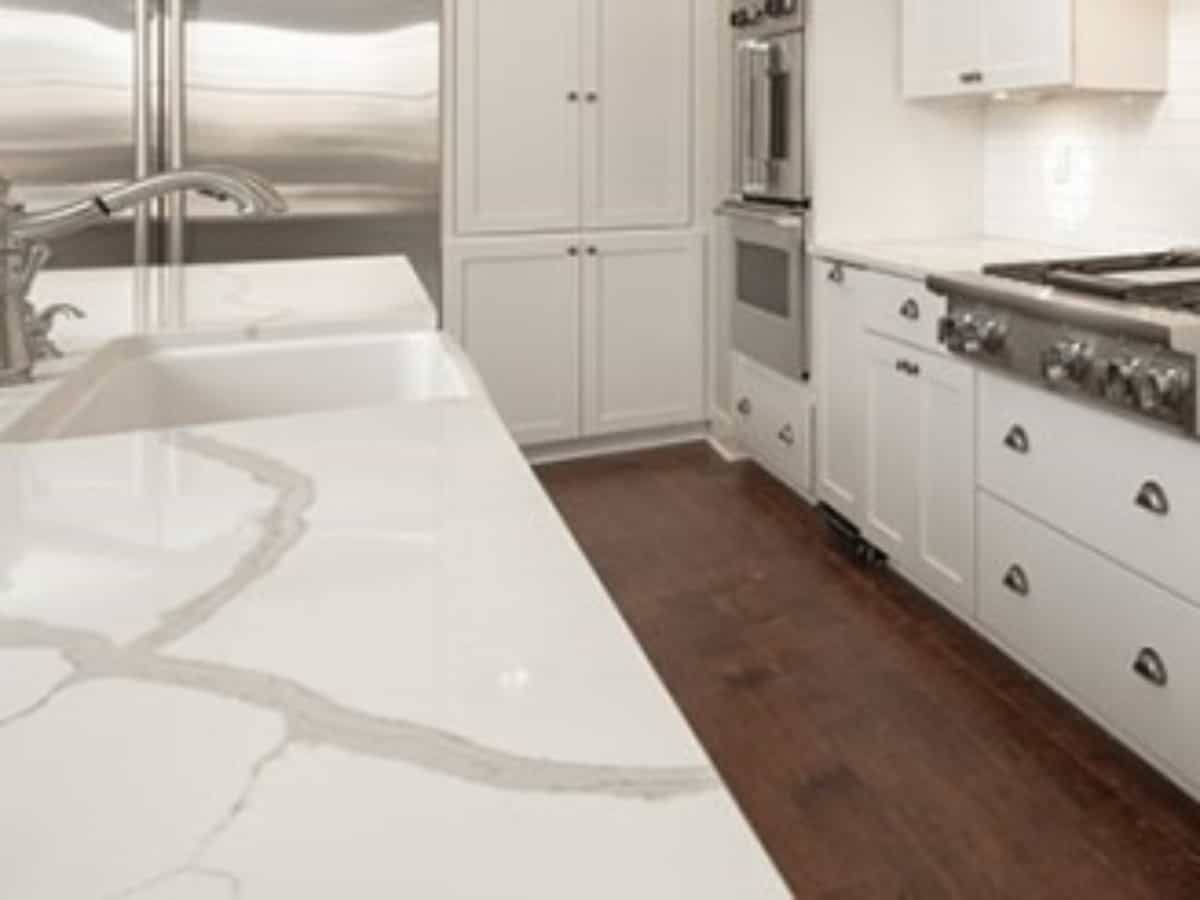Quartz is one of the most popular materials among homeowners who are looking to refurbish their homes. Whether you want new bathroom or kitchen countertops, a vanity top, a bar, or an island, quartz can solve your search. And learning about the advantages and disadvantages of quartz countertops you can make a more informed decision.
Advantages of Quartz Countertops
The advantages of quartz are far beyond any other comparable material. When discussing the pros and cons, not only do the pros of quartz outweigh the cons, but they also outweigh the pros of many other materials, such as marble. Here are some of the most notable benefits of quartz countertops:
1. Quartz is non-porous
Quartz is created by combining natural quartz with manufactured materials such as resin and pigments. As it is combined with resin, it doesn’t have pores like a completely natural stone. This is a big plus, as those pores are why other materials can be stained and discolored.
When liquids, oils, and other daily substances inevitably spill on your countertops, they sink into the pores of the material, thus creating stains. Furthermore, if it is a liquid such as milk, it might even cause bacterial growth or mold.
On the other hand, as quartz is non-porous, no substance or dirt can go through its surface. Therefore, as long as your quartz countertops are properly made, there isn’t any risk of bacterial growth, mold, stains, or discoloration caused by spills.
2. Low maintenance
Thanks to its non-porous build, quartz is also very low maintenance. You don’t need to reseal or scrub it as it is stain resistant regularly. Even if you were to spill something that would otherwise leave a stain, such as coffee, you don’t need to worry about quartz.
Wipe it using a cloth, and you are all done. Moreover, quartz doesn’t require any special products. Just some dish soap and warm water are enough.
3. Durable
The previous two points make quartz a highly durable material as it won’t show wear and tear as easily as other materials.
Therefore, it will require less frequent renewal, making it more sustainable than materials with a shorter lifespan. If shown the tiniest bit of care and attention, quartz can last you a lifetime. Very few factors can damage quartz, which is also somewhat fringe, such as extreme heat and immense surface impact. As long as you pay attention to such extreme factors, your quartz countertops will last decades.
4. Flexible
Quartz is one of the most abundant materials on Earth. Therefore, a slab fitting it can be made regardless of the size and shape you desire, which can be a challenge in the cases of more sparse materials. This abundance allows quartz to be highly versatile.
Do you want to cover your walls floor to ceiling? You can find quartz slabs big enough! Do you want to have a kitchen island in an unusual shape? With quartz, it is possible.
5. Many colors and patterns
This flexibility extends to color and pattern options as well. Quartz is an engineered stone. In other words, quartz slabs are created by mixing natural quartz with pigments. This process allows quartz slabs to be made into a wide range of colors.
If you were to walk into a store, you would most likely be greeted with the most common quartz colors. Most shops don’t have unnatural colors at hand as there is less demand for them. However, that doesn’t mean the colors you ask for can not be produced. However, be warned as custom colors are likely to cost more than readily available ones.
Quartz is also available in different patterns. Do you want a pattern that swirls on the background like spring water?
Or do you want one that is loud and demands attention the moment someone walks into the room? You can find those and anything in between when shopping for quartz. Different swirls, splashes, veins, and dots are all available in different hues of quartz.
6. Adds value
Compared to some other alternatives, quartz might seem costly, especially high-quality quartz. However, it is best to consider the price tag not as the cost but as an investment. If you ever decide to sell your house, quartz countertops, and other accents would add massively to the value of your home.
Moreover, it would be a major selling point as changing countertops can be a big task most buyers don’t want to engage in right after buying a new house. Therefore, if your home has installed quartz countertops, it is a bonus that can’t be overlooked.

Disadvantages of Quartz Countertops
1. Cost
As mentioned before, quartz is more costly compared to some other alternatives, which may not be in everyone’s budget.
However, the maintenance factor must be considered. Although you will need to pay more upfront, you don’t need to pay for any maintenance fees, such as regular resealing and specialty cleaning products. Such payments may seem small, yet they add up over time. Therefore, it should be added to the list when considering the pros and cons.
2. Vulnerable to heat
As much as quartz is highly durable, being heat resistant isn’t one of its strong points. This factor should be highlighted as it is commonly used in kitchens.
This lack of resistance is a few points requiring some care and attention. Constant contact with high-heat materials such as hot pans and pots might cause the material to lose its color and show damage after a while.
You can easily combat this by using trivets and placemats. Furthermore, it is not suitable to use in outdoor areas as being under the sun for prolonged periods can also have the same effect and cause the quartz to turn yellow in the long run.
3. Difficult to install
Quartz installation is far from a weekend afternoon project you can do alone. A professional should do it for your and your home’s best interests.
Is Quartz Better Than Granite?
Both quartz and granite have their advantages. Granite usually costs less, therefore, is more accessible. Furthermore, it is also a very durable material. On the other hand, quartz is stain resistant and can add more value to your house. Which material you choose completely depends on your and your house’s needs.
While one is not better than the other, the disadvantages of one might be a deal-breaker for you. On the other hand, the advantages of one might be exactly what you are looking for. The better one is the one that fits your lifestyle and the one that makes your life easier.
Conclusion
All in all, quartz is a durable, low-maintenance stone that can be customized to your aesthetic and practical needs. Although there are some downsides, they are easy to overcome and can’t cast a shadow on all the benefits they bring.


